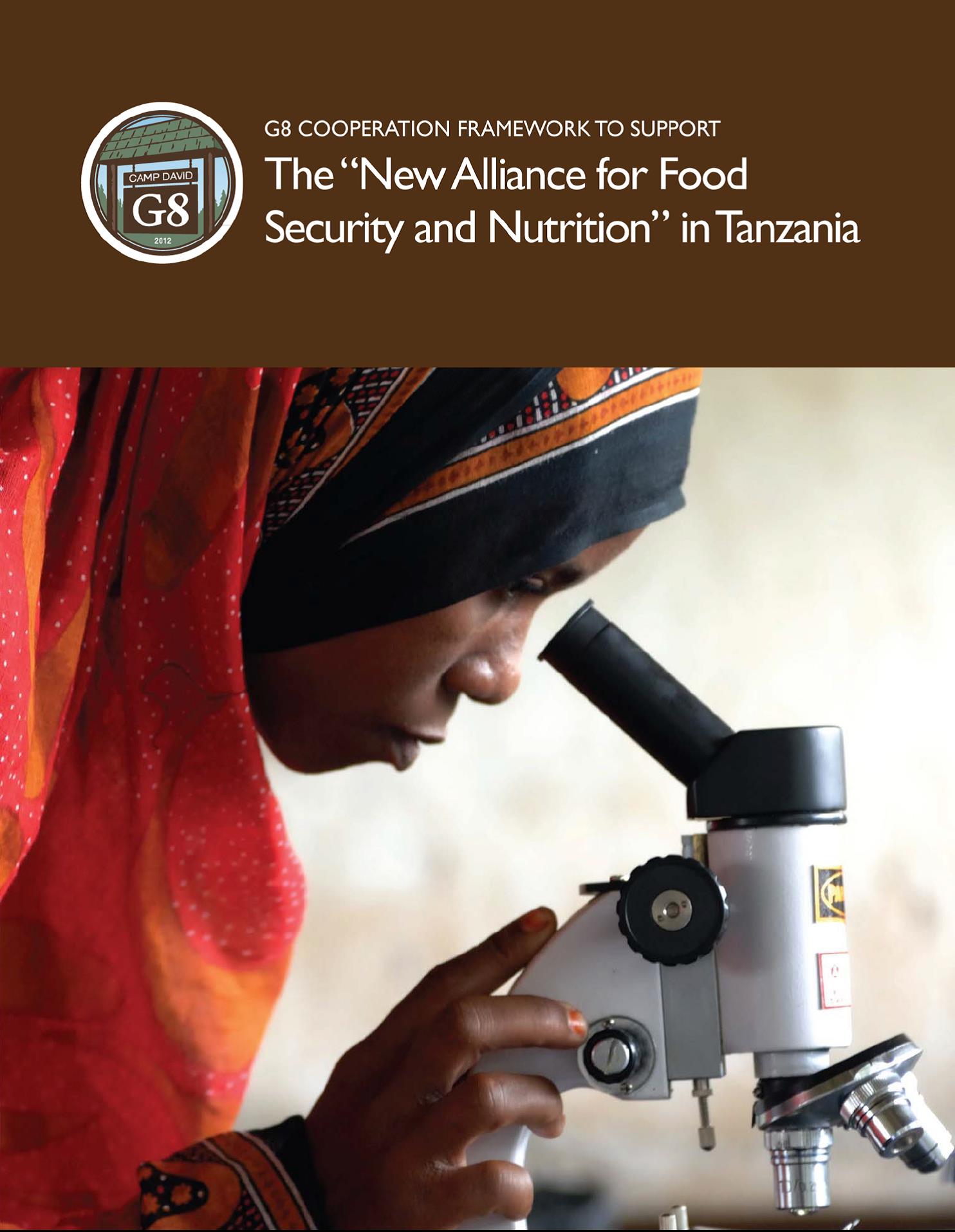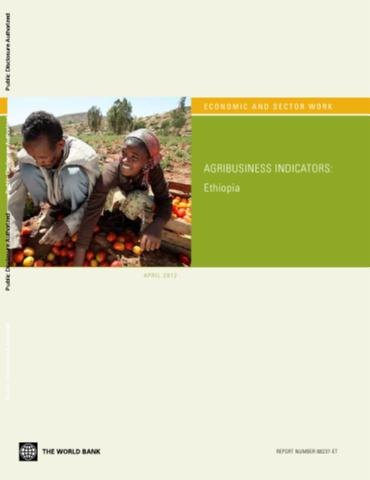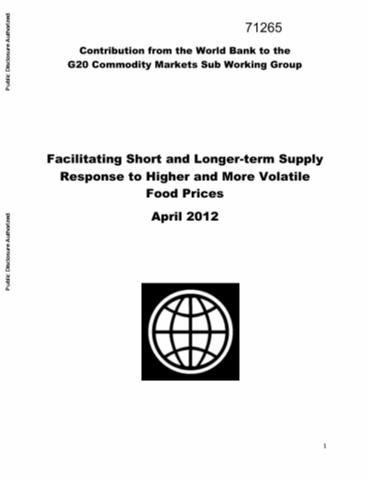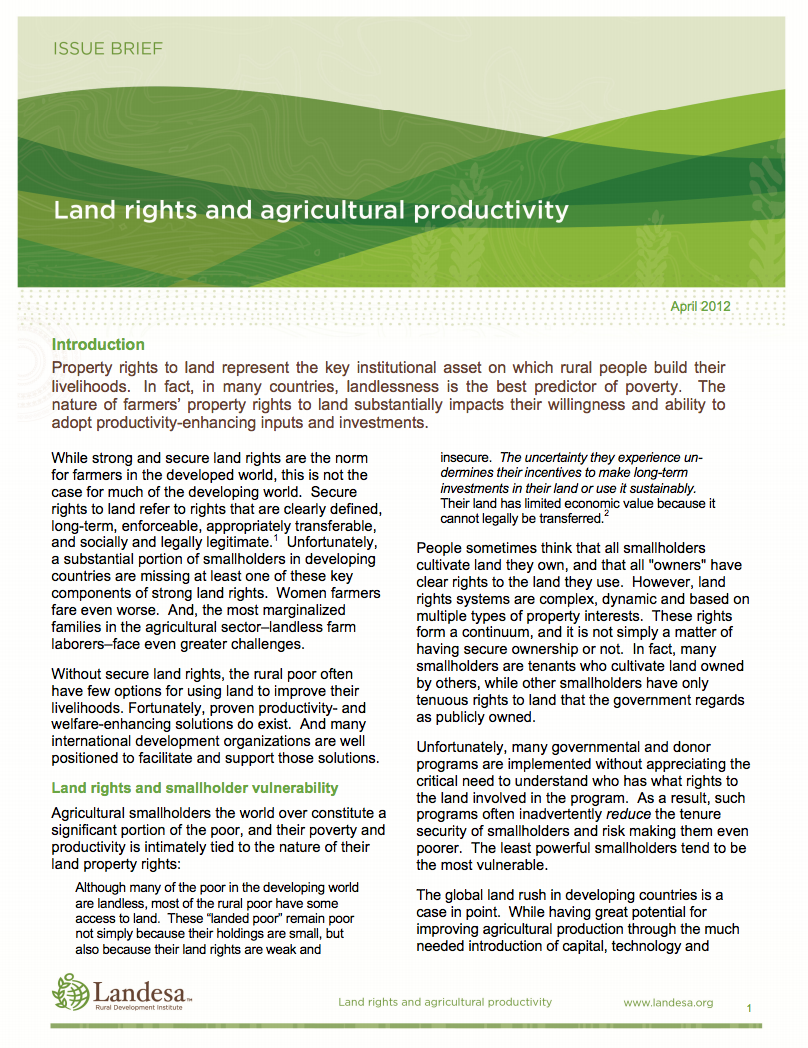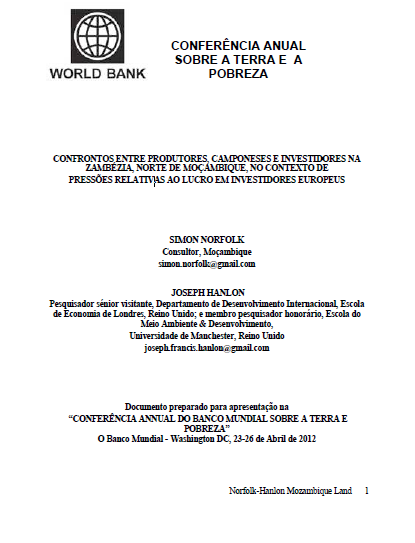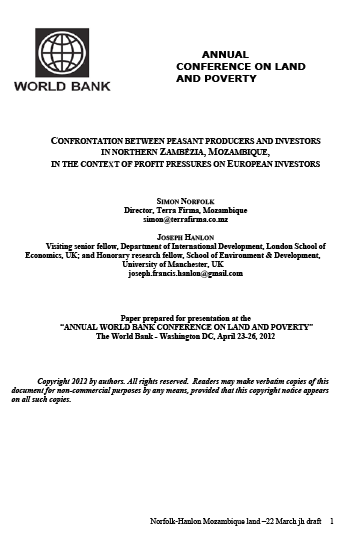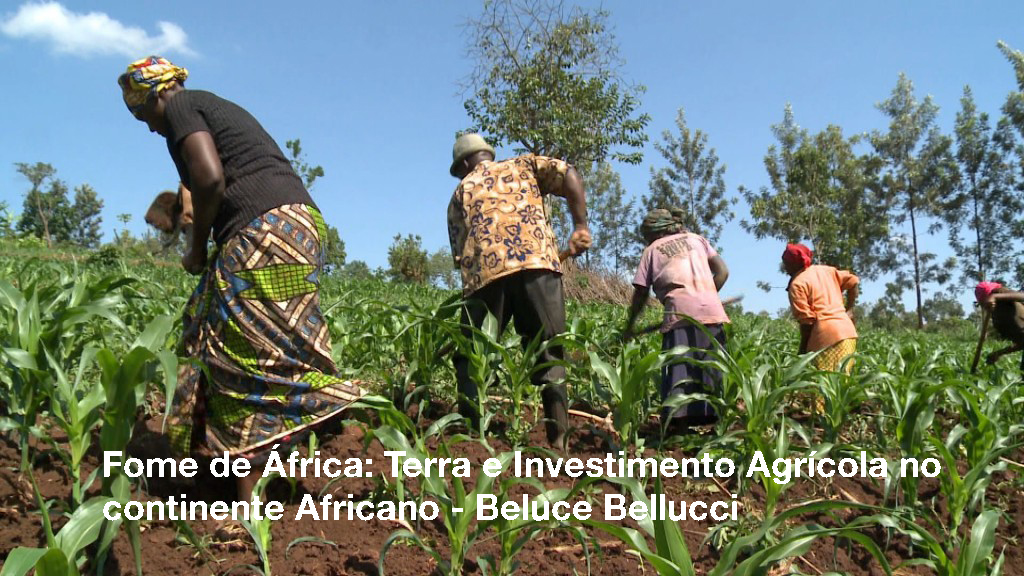G8 Cooperation Framework to Support "the New Alliance for Food Security and Nutrition" in Tanzania
Three years after the G8 Summit at L’Aquila, Italy, the international community recognizes the importance of food security to development, inclusive economic growth and the dignity of all women and men.

